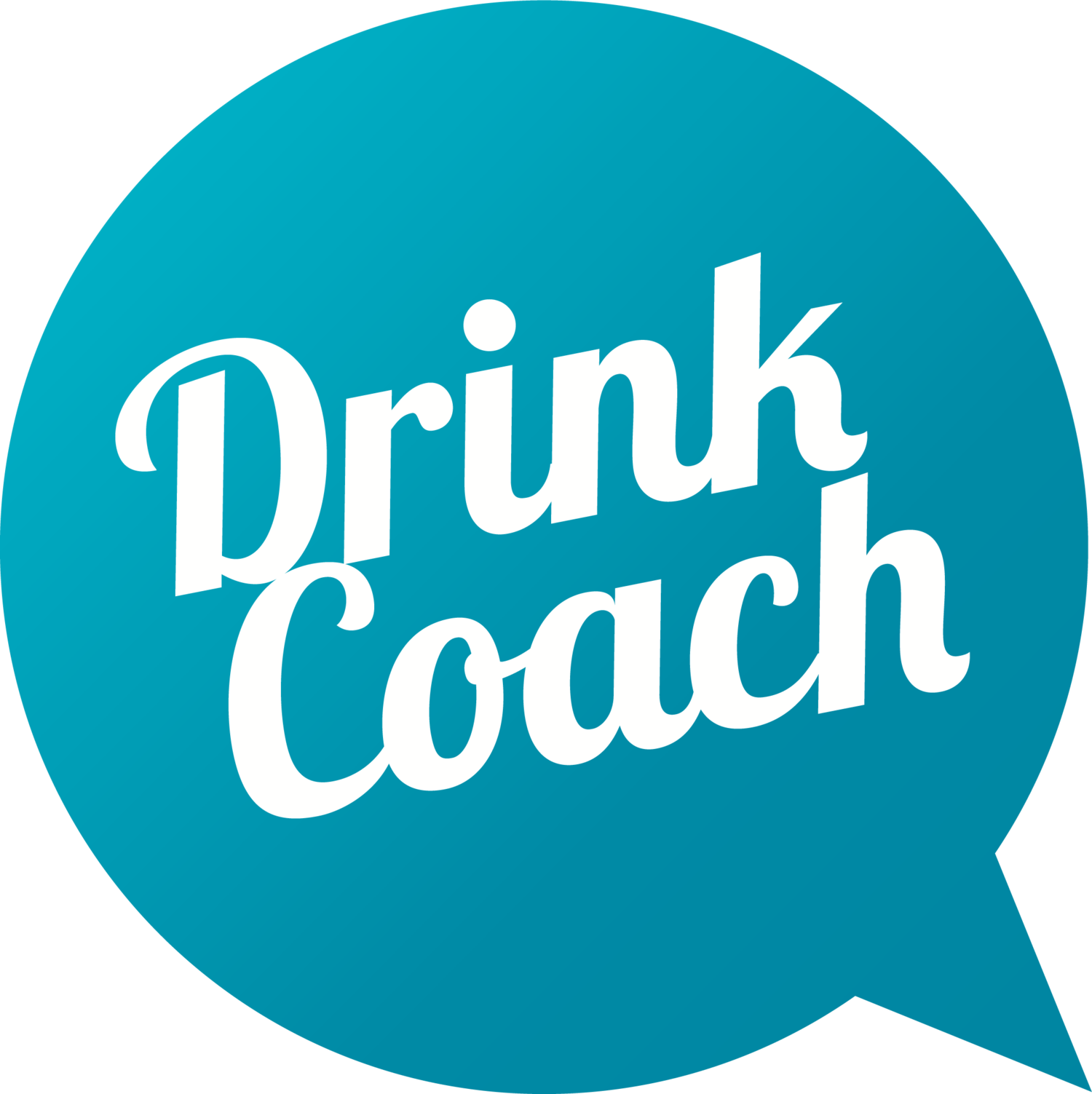How to keep yourself well during COVID-19 and beyond In 5 easy steps
This month we asked Mental Health Service Manager James Dominiak to share his tips on health and wellbeing post lockdown.
Resilience is the ability to deal with the challenges and obstacles faced. Life is full of challenges and obstacles but when we are also experiencing high levels of stress these difficulties can start to feel overwhelming. In terms of mental health this struggle can lead to becoming unwell. Therefore, closely linked with resilience is health and wellbeing.
Keeping yourself well is important for many reasons, not just for yourself but those that care about you.
A resilient person has 9 characteristics and strengths as shown below:
Image Source: Skills for Care
Here are 5 simple steps to keeping yourself well during COVID-19, to help develop your resilience, as well as promote your health and wellbeing.
1. Know yourself
Having insight into what makes you tick is crucial. Ask yourself a question, how do you rate your resilience and emotional health out of 10, with 10 being great to 0 awful?
What would others rate you at? Next it is important to understand your concerns. What are the challenges or worries you have for keeping yourself well during COVID-19?
2. Identify protective factors
It is not just about looking at your shortfalls but also what you are good at. What are some of the reasons you have scored yourself where you are in terms of your emotional health, rather than a lower number? What strengths have other people observed in you?
Write these down. People often struggle to appreciate their strengths and skills, often shying away from praise.
Maslow’s Hierarchy of Needs is a model of understanding the different types of needs we all share:
1. Biological and Physiological needs - air, food, drink, shelter, warmth, sex, sleep, etc.
2. Safety needs - feeling safe, protected from the environment living in
3. Belongingness and Love needs - family, love, friendships, part of a group
4. Esteem needs - positive self-image, comfortable with feedback
5. Self-Actualization needs - searching for growth and meaning.
This is one way to look at how you meet your needs and challenges faced during COVID-19.
3. Develop a plan
Having a rating, knowing what you are struggling with and also what strengths you have allows you to better understand yourself. A plan does not need to be written down anywhere, what is important is knowing it yourself.
Why the need for a plan?
The plan will identify exactly what you will do to keep well, breaking it down into small actions that may be hourly, daily, weekly or monthly. This varies for each of us. Some examples that other people find helpful include simple things like having a shower, a fresh change of clothes, a haircut, eating three square meals a day.
For others, they need more than this to keep well, such as interacting with people and positive relationships. Other needs are educational needs and feeling safe. You may ask yourself, what do I need in order to move my score up to the next number?
Questions you can ask yourself at this stage:
1. Am I taking any learning opportunities? This does not need to cost any money either. The Open University and Eventbrite run lots of courses for free.
2. Do I need to access mental health support? The Mental Health Foundation provide tips on supporting your mental health during COVID-19.
3. Good levels of Physical Health make you feel good. Are you sleeping well? How is your eating? Doing much exercise? The NHS provides lots of information to be thinking about.
4. Your support network is also of importance as we can all feel alone at times. Some have close relationships with families and friends, others do not. Staying connected helps deal with COVID-19.
5. Finance is an area that has caused a great deal of stress to people during COVID-19 as many have lost jobs or put on furlough. The Money Advice Service has lots of resources and support to help with this.
6. Spiritual beliefs. For many, their religion is a huge source of strength and helps them deal with challenges.
7. Alcohol and other substances. Changes in drinking behaviour during COVID-19 has posed challenges for many. DrinkCoach has many resources to help with overcoming these challenges.
4. Do it
Once you have a plan you then need to do what you said you would do to lead a healthier lifestyle. Focusing on your health and wellbeing will help you be more resilient during COVID-19 and beyond.
5. Check in
The last step is to remember to regularly check in, how is your health and wellbeing plan going? Are there any adjustments required? What is working well?
If you need any additional support: Guidance for the public on the mental health and wellbeing aspects of coronavirus (COVID-19).
Reference: Skills for Care (2019). Building your own resilience, health and wellbeing. Accessed online here.
Bio: James Dominiak is a Service Manager at Richmond Fellowship. https://www.richmondfellowship.org.uk/
https://www.linkedin.com/in/jamesdominiak/


